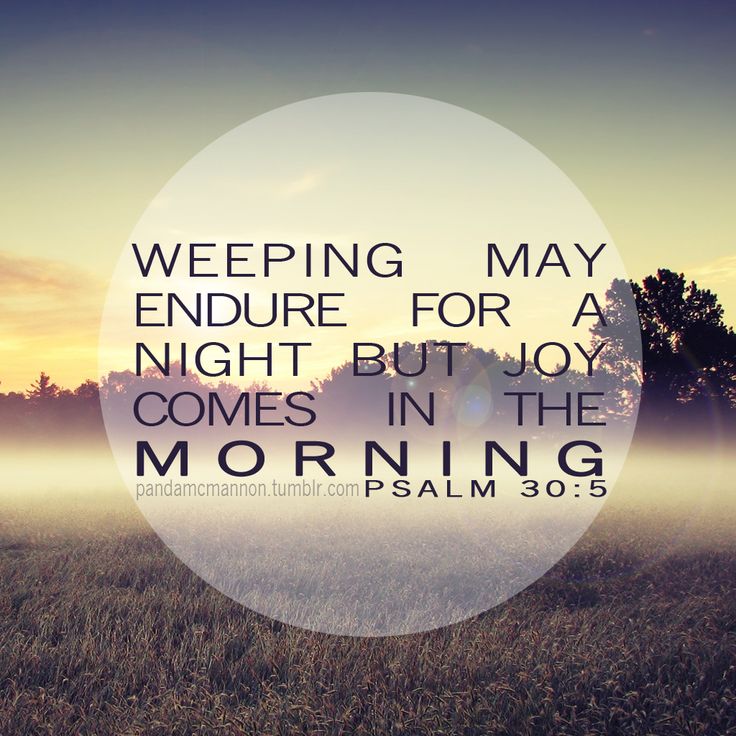Title: Burning Hearts
Scripture: 1 Peter 1:17-23; Luke 24: 13-35
****Sermons are meant to be heard, so listen along here”
If I had to pick a theme for this week, it would be centered around the three word phrase that these two disciples in today’s Gospel say to Jesus on the road to Emmaus.
We had hoped.
It’s still Easter. I know, it was two whole weeks ago already. But it’s still Easter.
Yet somehow it doesn’t quite feel like it.
We had hoped.
So much can be contained in those three words: We had hoped.
They are so powerful and heartbreaking and …familiar.
We had hoped that he was the one to redeem Israel, they say in today’s Gospel.
We had hoped Easter would feel a little more, I don’t know… Eastery? Is that a word?
We had hoped we’d feel different. New. Better.
We had hoped for a clear scan, for a different diagnosis.
We had hoped we’d have more time.
We had hoped to have children.
We had hoped we’d be happy.
We had hoped to grow old together.
We had hoped our life would be simpler, or different, or at least easier.
We had hoped.
One of the reasons these three words are so powerful is because they are present.
There’s no silver lining or happy resolution.
It’s just hard.
We had hoped.
I know I’m generalizing a bit here, but we mostly like our grief in the past.
We don’t like to hear how bad things are until we can talk about it in the past as if it’s all better now.
And we like our comfort in the midst of suffering to be about the future – things will get better.
You will be ok.
The sun will come out tomorrow.
But these three words are none of those things.
We had hoped is right smack dab in the middle.
Not past, not future.
Right now.
Last week, during our ask the pastors, one of our brave question askers wondered about talking to someone about God in the midst of grief… and in the midst of her question she said that sometimes we can’t see God because of all the pain.
That stuck with me this week.
It stuck with me because I think it’s profound and so true.
And I think that’s right where these two guys are in today’s Gospel.
They are right in the middle of their grief and confusion. And they can’t see God for all the pain.
We had hoped.
Jesus shows up.
Just like Jesus always shows up. In the middle of the fear and confusion and sadness and anger.
Not at the destination, but right where they are.
And they don’t recognize him.
They see him, but they don’t recognize him.
I hear this story and sometimes think “how can they not have known?”
How did they not recognize Jesus walking with them?
I would know. I would recognize him for sure.
But then someone we love dies.
Or we get sick.
Someone says something horrible about us.
A friendship ends.
We lose our job.
We see another negative on yet another pregnancy test.
And suddenly it’s not so clear.
We don’t recognize Jesus right there with us through our grief and pain and heartache.
Even though he’s there.
We see him, but we don’t recognize him.
Jesus today gives us a glimpse of what God does in the midst of suffering.
Every time we say “we had hoped…”
This story of the road to Emmaus is just a gorgeous picture of a theology of suffering.
When we ask where is God in this pain or hurt – this story is where we ought to turn.
So first.
He shows up.
Jesus is there.
On whatever road contains our disappointed hopes.
Jesus shows up.
Verse 15 says “Jesus himself came near and went with them”
He went with them, he walked alongside them.
He doesn’t say “I’m here now, it’s ok!”
And he doesn’t say “Look guys, I resurrected from the dead so no need to be sad or confused or upset anymore.” Resurrection solves all the things.
Nope.
First of all, because none of that is helpful.
But also because walking on that road means that sometimes it takes a long time to see God through the pain.
Maybe longer than the seven miles we hear about today.
Maybe seven months.
Seven years.
So what does Jesus do on this road?
He walks with them.
For as long as it takes.
He doesn’t tell them to hurry up.
Or to go back to Jerusalem.
He just walks with them.
And while they walk, he asks them to name the pain they are experiencing, and then he listens.
In verse 19, Jesus says “What things?”
You guys.
Jesus knew.
The things were about him.
He knew.
But he still gave them space to talk about it as they walked.
To not ignore the pain.
To not pretend that it wasn’t there.
He says “what things” and then listens as they process all they have seen and felt.
As they say “we had hoped.”
And still, he doesn’t say it’s me!
He talks to them about all the ways scripture has prepared them to connect the dots.
But he doesn’t do it for them.
Not even when they are about to part ways does he make himself known.
He joins them for a meal, and it isn’t until they break bread together that they finally recognize him.
Notice that when they invite him to stay with them to eat, they still don’t know who he is.
They aren’t inviting Jesus to stay, but a stranger.
Their willingness to continue to engage with someone they didn’t know, to offer comfort and food to a traveler despite their own grief is such a beautiful moment. And one that had a huge and powerful consequence.
Jesus walks with them, on their confusing and painful journey, and listens as they tell him about their disappointed hopes, and yet it is only in the breaking of the bread together, around a table, so intimate a moment, where they see Jesus for who he is.
And then, just like that, Jesus vanishes from their sight.
But this isn’t how the story ends.
No, this story is just getting interesting.
Because they look at each other and they say “were not our hearts burning within us while he was talking to us on the road?”
Were not our hearts burning?
Last week at our second service one of the questions was about discerning God’s voice and Chad commented that often it is when we look back that we can clearly see God at work in our lives.
Looking back, after the journey we were on is over, our eyes are opened and we have that same moment… Where we couldn’t see God for our pain but then looking back we see all these ways in which God was there, walking with us, listening, giving us tools to connect the dots?
These two disciples have that same moment of hindsight.
They look back at the things Jesus had said to them while they walked and saw it for what it was.
Saw this man for who he was.
Were not our hearts burning within us?
I love this image.
In fact, it’s one used a lot to describe the feeling of a call. Not just to ministry but a call to do something, a call to action, a call to help or talk or be with.
When you have that moment of “I think I’m supposed to do something here” … that’s what this means. Your heart burning within you.
Recognizing the movement and call of God around you.
It stirs up something in our hearts.
And it happens all the time.
After we recognize Jesus.
After he is made known to us.
Then our hearts burn within us.
And we have to get up and do something.
**Where do you want to go, how much you want to risk?** (Lyrics from a song at 10:30)
That’s exactly what happens next.
Even though they had been walking away from Jerusalem, even though they had made it to Emmaus, they get up and turn around and head back.
Back to the city.
Back to the place that they had left.
Back along the road filled with their hopes and confusion.
But this time, it feels different.
Like maybe everything has changed.
And they want to share it with the others.
The eleven still in the city.
Still confused.
Still wondering if maybe what the women had said was true.
Still in that place of grief.
And these two come in and say, listen – this thing happened, we saw him.
He walked with us.
Jesus is risen.
Really.
And you know what the proof was? The thing that made it real? The thing that opened our eyes and how we figured it out?
It was in the breaking of the bread.
Oh this story.
It’s just beautiful.
A reminder of how Jesus comes to us, right where we are.
How we can talk and he will listen.
And a reminder that it is in the breaking of the bread where we will know him.
We don’t have communion today, but the next time you come forward, no matter if it’s here or somewhere else, when you come to the meal at the table, remember that Jesus is made known in that moment, to you, for you, in the breaking of the bread.
It gives me goosebumps to think of it.
I don’t know where you’re at today, or what place in this story you find yourself…
I don’t know if your heart is burning within you right at this very moment, or if you are still on that long road, struggling, saying: “I had hoped.”
But what I do know is that Jesus is here.
Jesus is with us.
Walking alongside us in the midst of our pain and confusion.
In the midst of our lives.
Not trying to solve anything, just walking with us.
Risen.
New.
Calling us into a new life right along with him.












